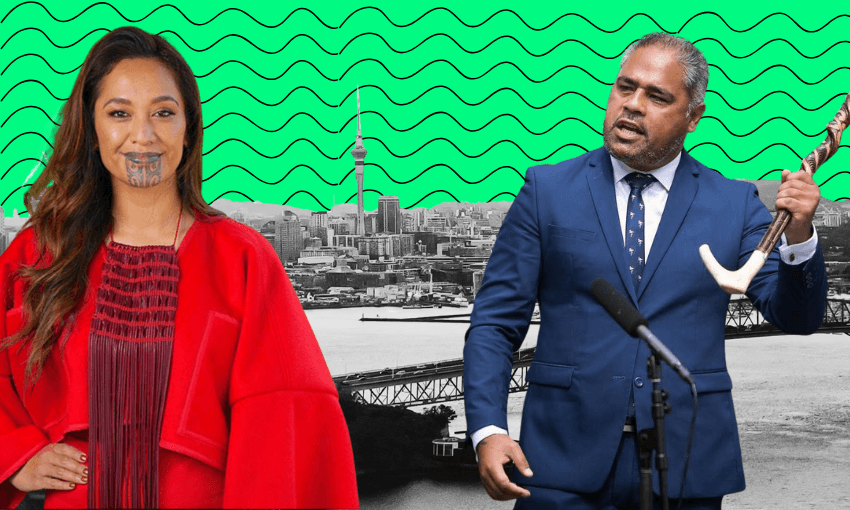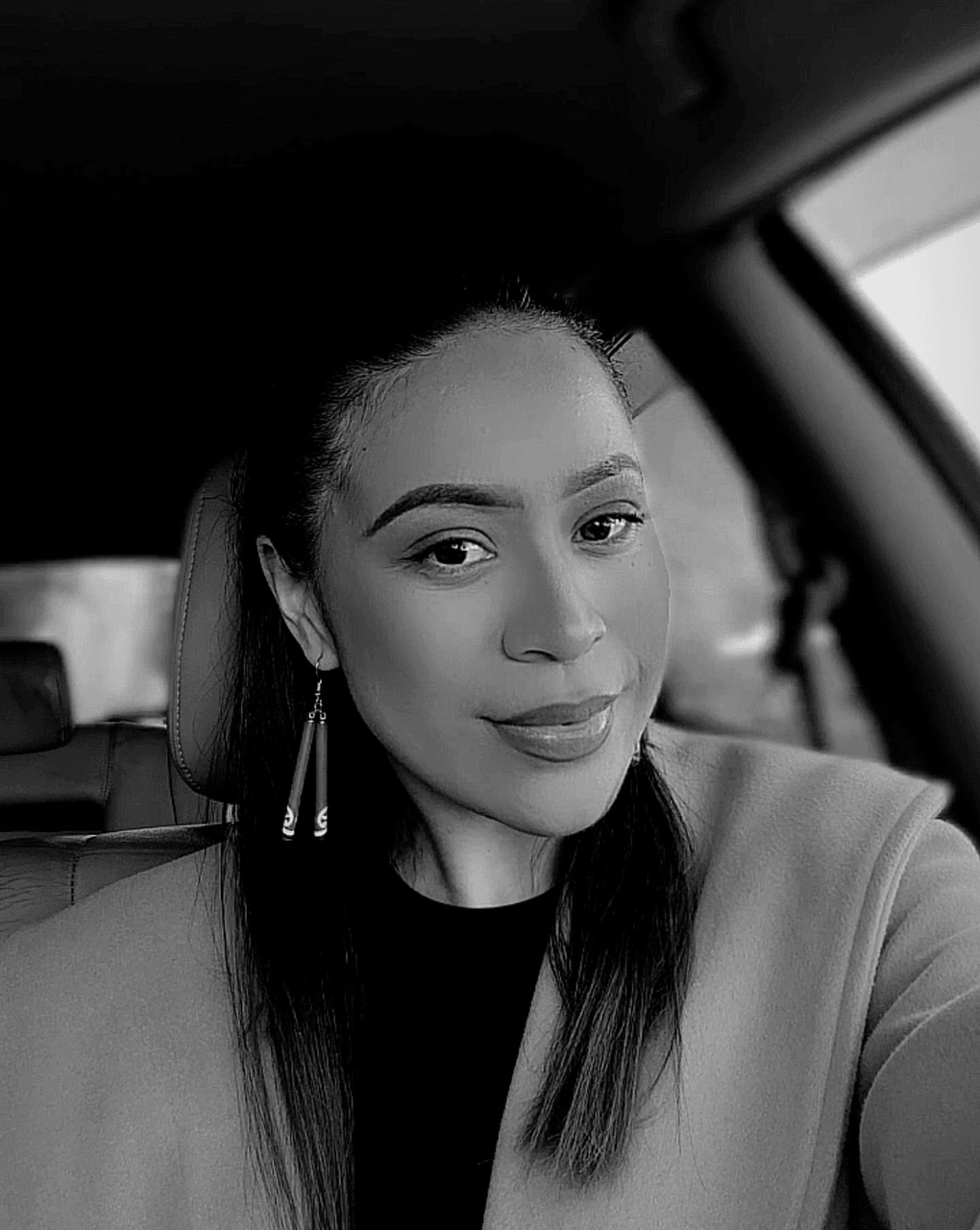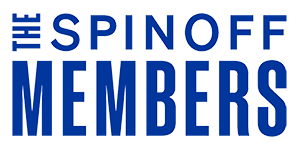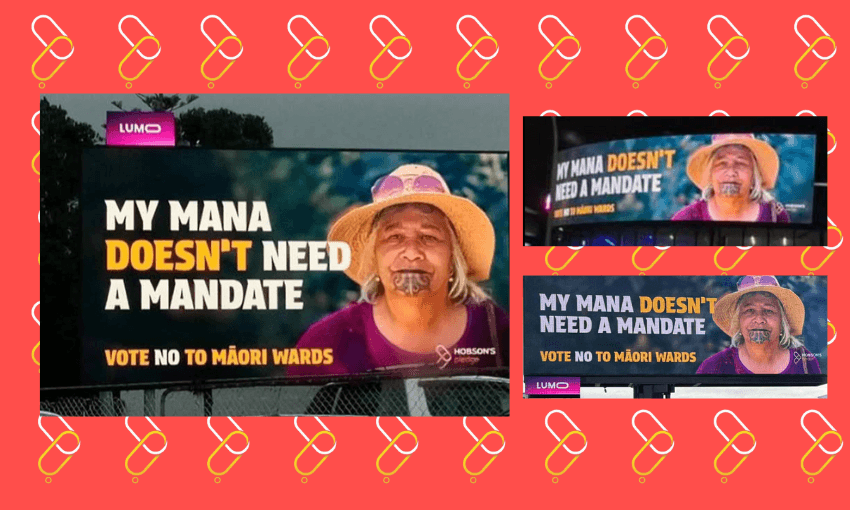With a byelection set for September 6, and Peeni Henare, Oriini Kaipara and Hannah Tamaki confirmed in the race, Tāmaki Makaurau needs a leader who understands what it means to be urban, disconnected and diasporic, argues Te Rina Ruka-Triponel.
I’ve spent most of my life in Tāmaki Makaurau. I’ve lived overseas, moved between cities, and never quite had one tūrangawaewae to stand firm on – yet, Tāmaki has always been my home. But not in the way many understand.
My experience as a Māori in this city has not been shaped by marae or iwi connections, at least not in the beginning, but by my relationship with Pacific communities who, in many ways, carried me when I felt disconnected from my own.
I didn’t grow up speaking te reo, like some of my Sāmoan and Tongan friends who were encouraged to speak only English – at least in public.
For Pacific families, the church is like a marae, a fale or a meeting place. It’s their tūrangawaewae away from home. A space for gathering, to keep language alive, for healing. It’s where we mourn, celebrate and connect. Some rarely go back to their island homes because they’re established here, and others don’t know where they’re from.
While I’ve been on a reclamation journey for the last decade – now strongly connected to my hapū, my iwi, my whānau, even my fenua and village in Mo’orea – the story of the Pacific diaspora is one I deeply resonate with. I found belonging in those spaces when our own had been stripped from us. That’s why I advocate for our Pacific communities, they healed a part of me my own community couldn’t. Because, truthfully, Māori often participate in our own marginalisation.
I come from a whānau shaped by colonisation, disconnection and assimilation – and I’m not alone. There are many of us out here. We are mokopuna of grandparents who were beaten for speaking te reo, forced off their whenua, and into urban centres like Tāmaki Makaurau. Some of us are reclaiming our reo, our tikanga, our names.
These stories, though common, are still invisible in our leadership – and we are a huge demographic.
Around 84% of Māori in Aotearoa live in urban areas, a figure that has remained consistent since at least the 2013 New Zealand census. Tāmaki Makaurau is home to the largest Māori population in the country, with nearly a quarter of all Māori (over 200,000 people) living in Auckland. That’s a significant presence – yet urban Māori realities are still underrepresented in leadership, policy design and public narrative.
There needs to be a voice that understands these realities – one that is actively pursuing the path to whakapapa too. This isn’t a story of victimhood either – if anything, we are strong and resilient because of what we’ve endured.
Many Māori whānau in Tāmaki are not te reo champions, we’re not immersed in reo Māori every day. Many of us didn’t grow up on our whenua or with a relationship to our marae.
It’s here that I urge Māori leadership to hold space for these complexities. For those of us who feel Māori in our wairua and bones – but who weren’t raised with the traditional anchors of reo, marae and whenua.
Now a byelection is upon us.
The late Takutai Moana Natasha Kemp understood these realities. She was an unapologetically urban Māori wahine who, as chief executive of Manurewa Marae, turned the marae into a vital community clinic during the Covid‑19 lockdowns. She helped whānau impacted by job losses, distribution obstacles or vaccine hesitancy. Under her leadership, the marae administered around 65,000 Covid-19 vaccinations and provided food packs to support struggling households.
She was also director of Hip Hop International NZ, managing the first Aotearoa crew to compete at the World Hip Hop Championships, celebrating Māori and Pacific cultural expression through dance. She worked with youth across South Auckland with a passion to ensure they would thrive.
A servant-leader who proved that whakapapa and community service can take many forms – whether through the rhythms of hip hop, the outreach of a community clinic, or the embrace of a marae.
Whoever follows Kemp must understand what it means to be a servant-leader in the context of this city. And they must carry the weight of representing Māori and Pacific communities whose lives are intertwined through shared histories of migration, struggle, and resilience.
In political circles, I’ve often said: “I don’t resonate with the current leadership as an urban Māori.” And I’m usually met with: “Well, that’s not how politics works,” or “It’s not about seeing yourself in someone – it’s about who can do the job.”
That may be true in a western model. But as someone grounded in te ao Māori – and who’s spent the last decade on a reclamation journey – I believe leadership is relational. And who better to lead Tāmaki Makaurau than someone who understands Tāmaki Makaurau?
You follow someone because they carry a piece of you – your whānau, your story, your hopes.
My hope is that Māori also extend their leadership to our Pacific whanaunga, our tuākana. We cannot prosper towards a Hawaiki hou without them. I certainly would not have come this far without them.
The Tāmaki seat isn’t just another electorate. It’s a reflection of a complicated but beautiful and hopeful city. We need leaders who get that.
This article was first published on Te Rina Triponel-Ruka’s self-titled Substack.





